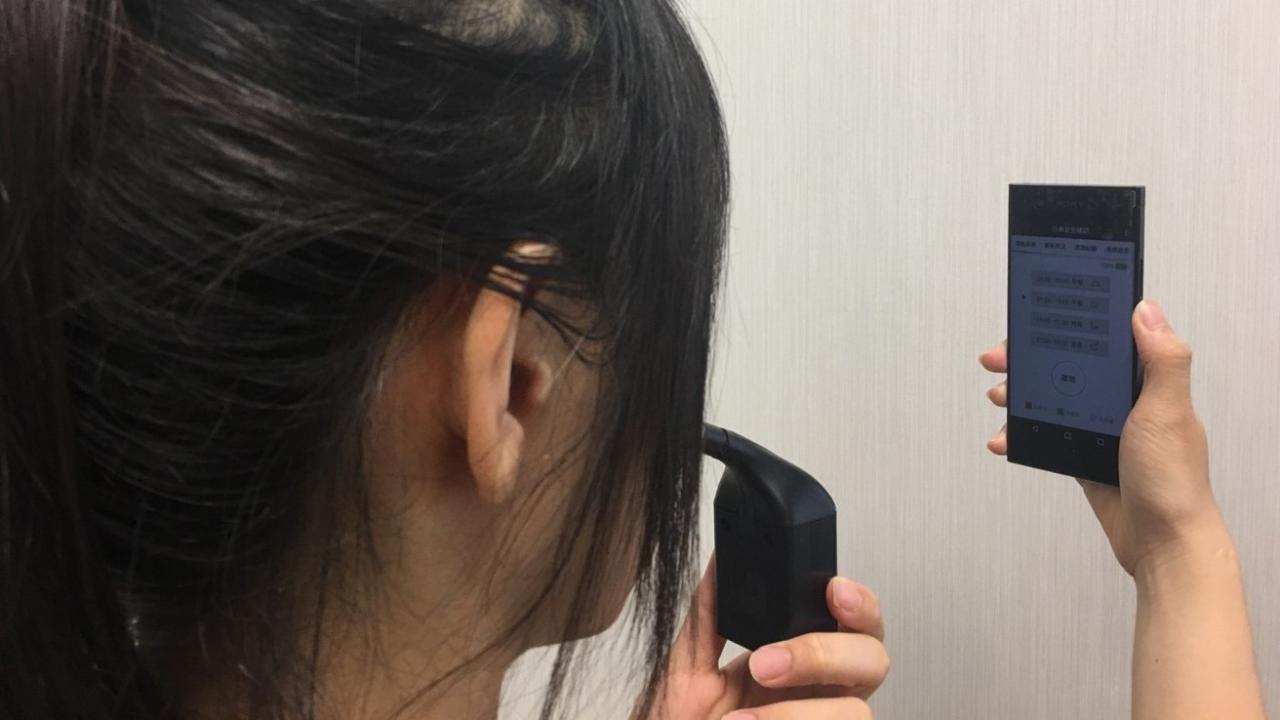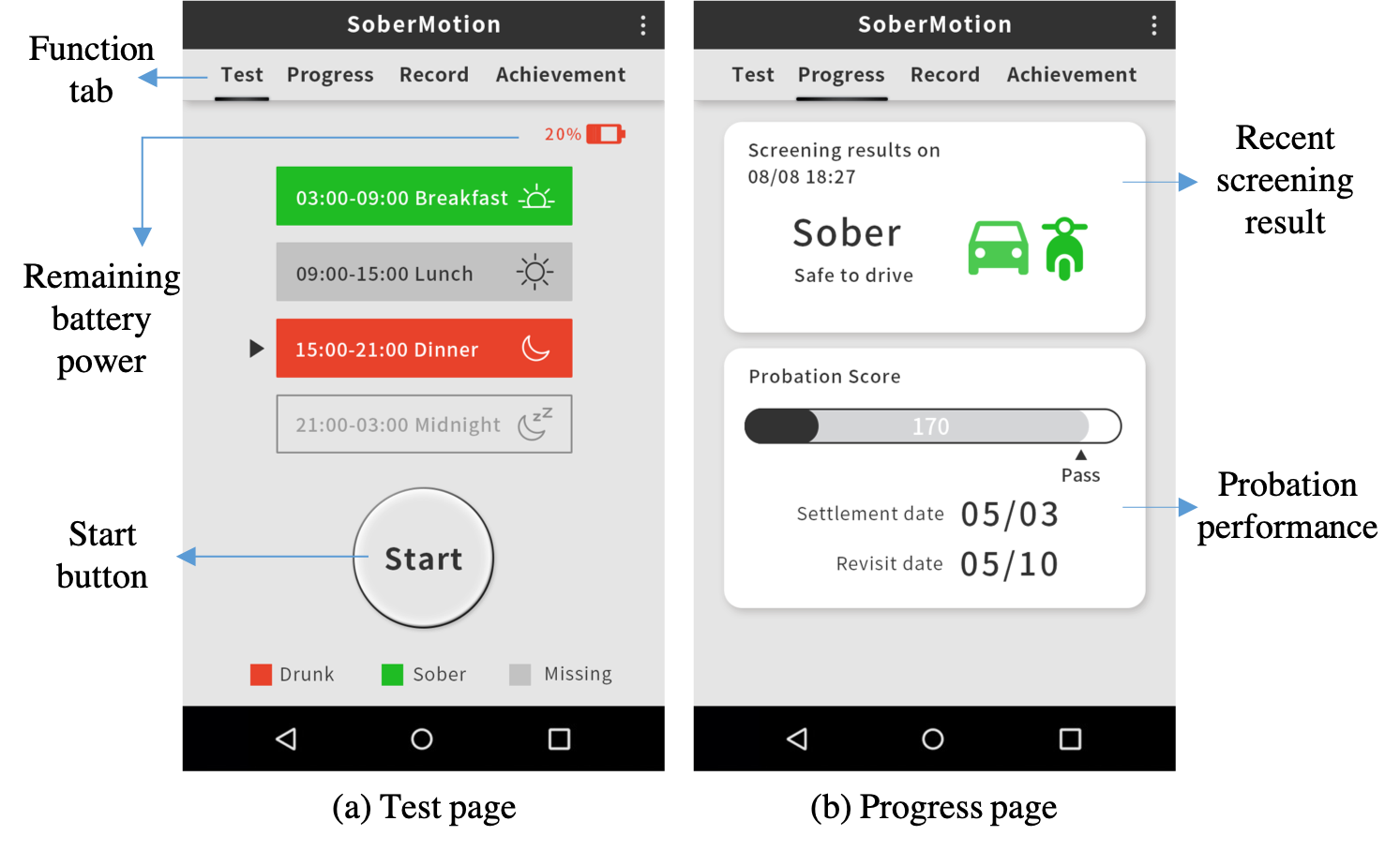
Hao-Chuan Wang Receives Distinguished Paper Award from IMWUT Vol. 2
Associate Professor Hao-Chuan Wang’s 2018 paper, “SoberMotion: Leveraging the Force of Probation Officers to Reduce the Risk of DUI Recidivism,” received the Volume 2 Distinguished Paper Award from the Proceedings of the ACM on Interactive, Mobile, Wearable and Ubiquitous Technologies (IMWUT). The award honors the best papers published in the journal over the course of the year.
In the paper, Wang and his Taiwan-based collaborators outlined a mobile app they developed called SoberMotion, which helps DUI offenders, probation officers and medical professionals reduce the risk of repeat offenses.
In Taiwan, when someone is arrested for drunk driving, they may be put on probation with required therapeutic treatment. They must visit with a probation officer and check in with medical professionals periodically to keep track of their recovery and prevent further DUIs. Wang and his team saw an opportunity to use technology to improve the experience for everyone involved.
“We had the feeling that something needed to be addressed, but we needed to work with the experts to understand what’s going on,” he said.
Designing an app for a general user base is one thing, but designing one that meets the differing needs of three types of stakeholders is incredibly complex. This is why the team interviewed probation officers, DUI offenders and medical professionals to understand their practices, needs and constraints and then refined the system in the field with feedback from real users.
“There are a lot of social and medical implications on every button we place, every tab we add and every feature we add or remove,” said Wang.
SoberMotion is based on a portable breathalyzer device that can send breath alcohol concentration (BrAC) data to phones via Bluetooth. This data is logged in the app and shared with doctors and the probation office. In addition, the app tracks motion and can alert users when there is a risk for drinking and driving. The alerts can help offenders make good decisions and keep them and the people around them out of danger.
Offenders can collect rewards for regularly logging their BrAC and making good decisions, while probation officers and medical professionals benefit from having more reliable and consistent data they can use to help the offender or lessen their workloads.
“It’s a demonstration that not all of well-being or healthcare is about seeing a doctor,” he said. “A lot of it is what we do in our everyday lives.”
Wang, an expert on human-computer interaction, is currently pursuing a similar framework to help taxi, Uber and Lyft drivers make healthy and informed decisions while on the job.
“The social uses of technology are often overlooked in engineering and design,” he said. “We need to claim that back because in the end, engineering is supposed to help people.”
Wang and his team published their results in the IMWUT journal in September 2018. They received the distinguished paper award during the UbiComp 2019 Drinks and Awards Reception on September 10, 2019 in London, UK.

The SoberMotion app interface. Graphic courtesy of Hao-Chuan Wang.
